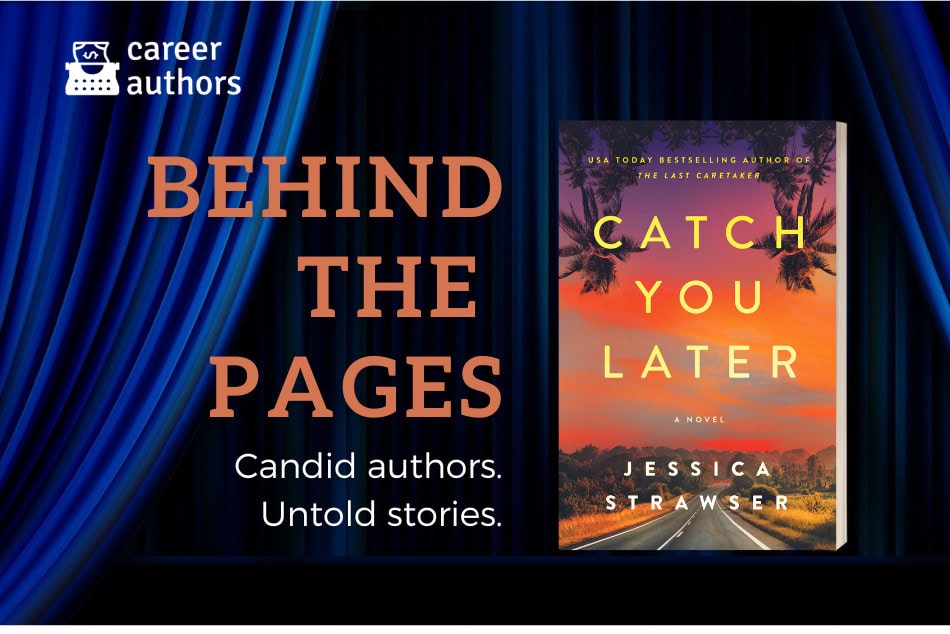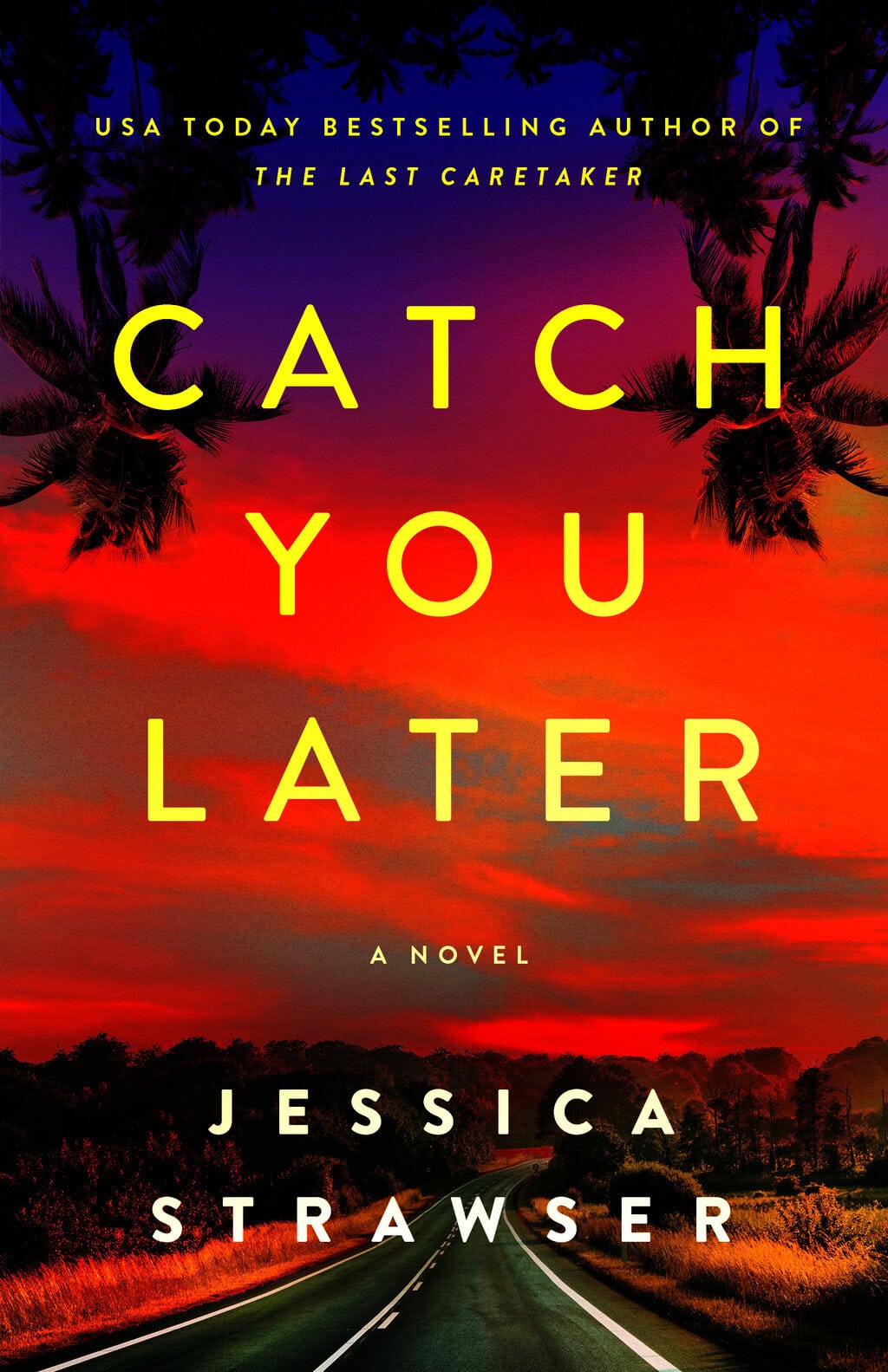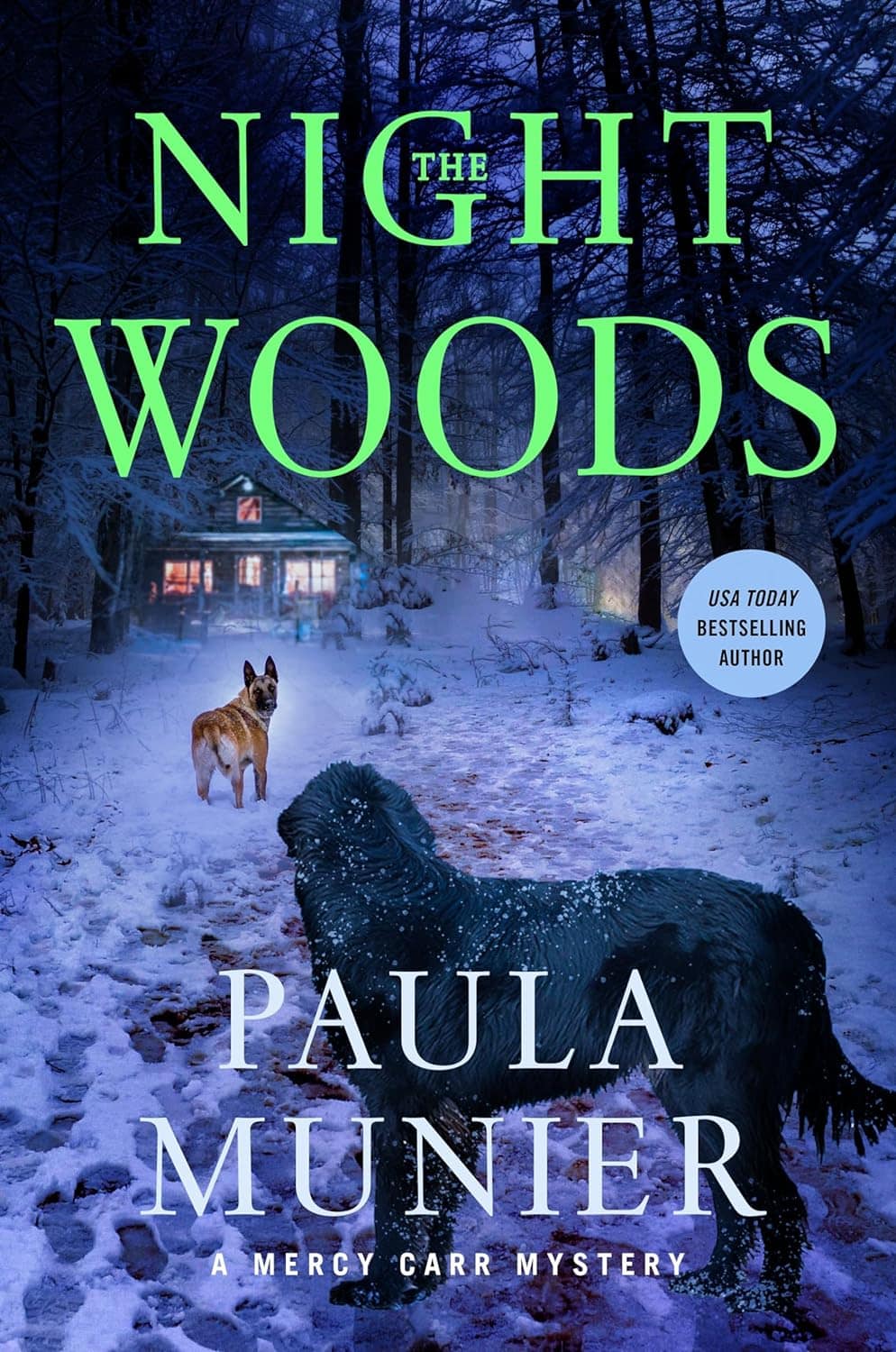Jessica Strawser is known for her page-turning, empowering stories that put ordinary women to the test under extraordinary circumstances—and inspire us all to believe we’re stronger than we know. In her seventh novel, Catch You Later, she’s back with her signature blend of suspense and authentic characters facing impossible choices.
The book has already received a starred review from the American Library Association’s Booklist and been named to Zibby Media’s Most Anticipated list for fall: With its split-screen settings that literally take readers along on a life-changing road trip, it’s a natural choice for a book club pick, sure to leave readers with lots to talk about.
In our new favorite tradition at Career Authors, she’s giving us an exclusive look Behind the Pages into what it really took to craft Catch You Later (new October 22, 2024, available in all formats and wherever books are sold).
- What’s the title of your book—and was that always the title?
I initially pitched the book as Catch You Later, and it stuck. The title comes from a line of dialogue in an early chapter that takes on deeper significance as the story builds.
- Who’s the main character of your book-and was that always their name?
Catch You Later is told in the alternating points of view of two lifelong best friends, Lark and Mikki, who only have each other to lean on but who want very different things out of life.
Lark embodies her name: like the saying happy as a lark, one of the few birds that sing as they fly, she finds a way to be content wherever she is. Whereas Mikki has bigger dreams beyond their nowhere town. Her parents were so convinced she was going to be a boy they had already picked out the name Michael, and never bothered to change it when she wasn’t what they expected.
Mikki’s friends gave her the nickname when she was tired of people making wrong assumptions about who she was. And that embodies Mikki wishing things could be different, too.
- At the start of the book, what’s the character’s goal?
Lark and Mikki live by two rules for surviving life in their nowhere Midwestern town: 1) Say yes to anything, and 2) Keep your eyes open for a ride out. Their jobs working night shift at the highway travel stop almost pass for excitement … Until the night a shy, good-looking stranger stops for coffee on an all-night drive to a destination beach wedding—and Mikki spontaneously agrees to be his plus-one (she’s only following their rules, after all), taking off her apron and getting in his car, never to be seen again.
Mikki’s goal is to have an adventure. But when she doesn’t come back, Lark’s goal is to find out what happened to Mikki: Has she gone missing? Or did she keep saying yes to the better life she always knew was out there, leaving her old one—including Lark—in the rearview mirror?
- What was the core idea for this novel—a plot point? A theme?—and where did it come from?
We’ve all pit-stopped at those travel stops along the interstate—the ones that appear off an exit in the middle of nowhere. On one of many long road trips I’ve taken from my home in Ohio down south to the coast, I got to thinking about what it must be like to work at such a place, spending your day interacting with people who are only passing through. And how tempting it might be to leave too, when everyone around you is coming or going but never staying.
I’d also been noodling the idea of telling a story about how friends can become our chosen family—as someone whose family moved around during my childhood, I never had those kinds of lifelong friends to share memories with stretching back over all our formative years, and I envied people who did.
I thought it would be fun to weave those elements together with a mystery, and we pitched the novel as Firefly Lane meets Local Woman Missing. I think I stayed true to that initial core idea.
- At what point did you come up with the final version of the first line?
My opening line is: The thing about living near the interstate was, it never let you forget where you were. I don’t usually obsess over my opening lines, but in this case I knew the opening was right as soon as I hit on it. My first pages changed very little from the first draft (though the rest of the manuscript certainly did).
I talked more about the opening and how the highway became a powerful metaphor right here on Career Authors last month, with a closer look at How to Enhance Your Theme Through a Central Metaphor.
- Did you know the ending of the book when you started?
In this case, I did. We were posing a big question at the start of the story—what happened to Mikki?—and I knew the answer to that question, though I didn’t know exactly how I was going to get there. I like to know where I’m heading while being open to different detours and route, and it felt fitting to be writing about a road trip with that approach.
- What’s something in this book that you’ve never done before?
I spent a lot of time talking with an Ohio state trooper who informed the plot as well as one of the secondary characters invaluably. He also changed the way I think about the public servants who we tend to associate disproportionately with doling out speeding tickets.
- What part of your launch events are you most excited about?
Fall is a busy book festival season, including my own hometown favorite, Books by the Banks. I look forward to it every year no matter what, but attending with a brand-new release in hand makes it extra special.
- Who in your #writingcommunity deserves a special shout-out for supporting you in writing this story?
All the authors who were kind enough to read and endorse this story before it even had a cover, including Karen Dionne, David Bell, Catherine Mack, Susan Walter, Lyn Liao Butler, and Suzy Krause. Also, always, always my Career Authors colleagues, especially surrogate big sisters Hank Phillippi Ryan and Paula Munier.
- How do you want readers to feel when they close the book?
Satisfied.
- What did YOU learn from this book?
Having moved to an editorial team that follows a slightly different procedure from my previous one, this was my first time working with two developmental editors instead of one throughout the revision process. With an editorial background of my own, I’ve always brought a collaborative spirit to the publication of my novels, but I admit the prospect sounded a bit daunting (I couldn’t help but worry: would it be doubly complicated?). Instead, I re-learned just how valuable a talented team can be: Another layer of perspectives truly does make for a deeper creative experience, and I felt so fortunate to be part of it.
Read more about Catch You Later or get your copy here.
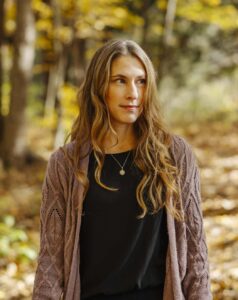
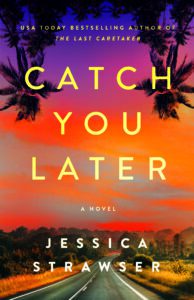 Jessica Strawser is editor-at-large at Writer’s Digest and the USA Today bestselling author of seven popular book club novels, including Almost Missed You; Not That I Could Tell (a Book of the Month pick); A Million Reasons Why; The Next Thing You Know (a People Magazine Pick), The Last Caretaker (an Amazon Editors First Reads selection), and Catch You Later, new October 22, 2024. She lives with her husband and two children in Cincinnati, Ohio, where she served as Writer-in-Residence for the Public Library of Cincinnati and Hamilton County, and received a 2024 Ohio Arts Council Individual Excellence Award.
Jessica Strawser is editor-at-large at Writer’s Digest and the USA Today bestselling author of seven popular book club novels, including Almost Missed You; Not That I Could Tell (a Book of the Month pick); A Million Reasons Why; The Next Thing You Know (a People Magazine Pick), The Last Caretaker (an Amazon Editors First Reads selection), and Catch You Later, new October 22, 2024. She lives with her husband and two children in Cincinnati, Ohio, where she served as Writer-in-Residence for the Public Library of Cincinnati and Hamilton County, and received a 2024 Ohio Arts Council Individual Excellence Award.

